List Taken From “How To Listen To Jazz” by Jerry Coker.
Criteria For Appreciation
Jerry Coker uses three different basic approaches for serious jazz listening. They are as follows: 1. Criticism, 2. Evaluation, and 3. Appreciation, which can be broken down further into Sound, Technique, Time, Tonal Materials, Spirit/Drive, Lyricism, Repertoire, Versatility, & Innovation. The qualities expressed under Appreciation are what Jerry Coker primarily uses to describe the artists on his list. The list is in Chronological Order, with the artists nicknames provided as well.
Louis Armstrong, 1900-1971 (Dippermouth, Satchmo, Pops)
Louis Armstrong has a rather unique position in the Hall of Fame. His career as a jazz musician started nearly simultaneously with the beginning of recorded jazz. Also, unlike all the other musicians on this list, Armstrong did not have many predecessors to provide him with inspiration, therefore most of his style had to evolve internally.
Coleman Hawkins, 1904-1969 (Hawk, Bean)
Coleman Hawkins was a contemporary of Louis Armstrong’s, but unlike Armstrong, who’s stylistic developed remained the same from the 30’s, “Hawk” continued to absorb new styles into his playing for the remainder of his life. He continually showed flexibility when approaching new musical challenges and ideas.
Lester Young, 1909-1959 (Prez)
Some have described Lester Young as a second generation jazz musician. His style contrasted with early jazz styles, and Young is probably best known for his long-term involvement with the Count Basie Orchestra. He was often the featured player, being given multiple solos throughout a tune.
Charles Parker, 1920-1955 (Bird)
Jerry Coker writes about Charlie “Bird” Parker,
In this writer’s opinion, as well as the opinion of many others, Charles Parker was the greatest jazz musician who ever lived. Ironically, his playing career was shorter than that of the other players covered in this chapter. Bird began making records around 1940, chiefly backing blues singers and playing with large swing orchestras like Jay McShann. But his major output really began around 1945, when, after a five-year incubation period, he and Dizzy Gillespie unveiled the be-bop style, a style which has continued to be a thriving influence for nearly sixty years!
Miles Davis, 1926-1991
Miles Davis created an unusually relaxed sound in his playing that was both misunderstood and mimicked by many. He had to win over his audience with a new sound and technique that made him sound like no-one who came before him, and reportedly, a cool attitude to match. However, when listeners finally did listen to him, they discovered musical purity, economy, and originality.
John Coltrane, 1926-1967 (Trane)
John Coltrane’s dedication to his music, in both practice and performance, were legendary. Playing any instrument at Trane’s intensity level was considered a workout in and of itself, especially for brass and woodwind instruments that require the use of stomach muscles to drive air through the instrument. It is entirely plausible that these tremendous expenditures of energy attributed to the shortening of his life.
There are so many impressive players, each making some sort of contribution to the idiom, that it is difficult to reduce the number to what would be reasonable for the scope of this book and for the capacity of the reader to absorb.
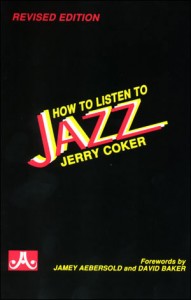
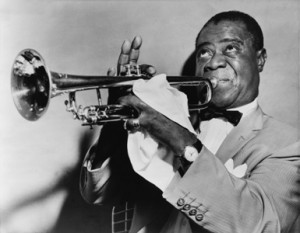
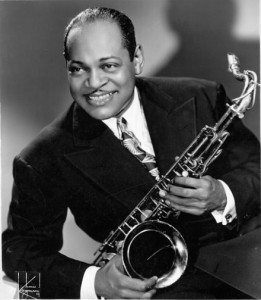
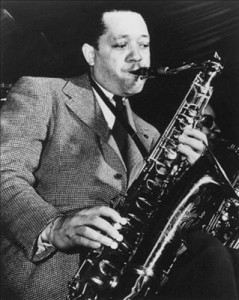
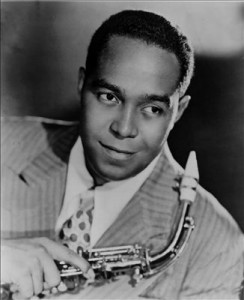
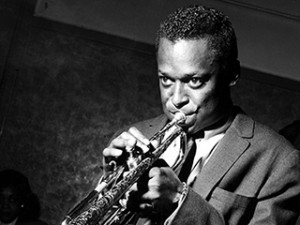
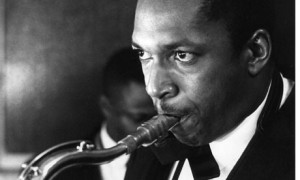
One reply on “The Improvisors Hall Of Fame”
I don’t agree that the exertion by Coltrane playing his horn contributed to the shortening of his life. Other health and lifestyle habits were the cause.
Andy Lutkoff,
Certified Health Coach, alto sax player